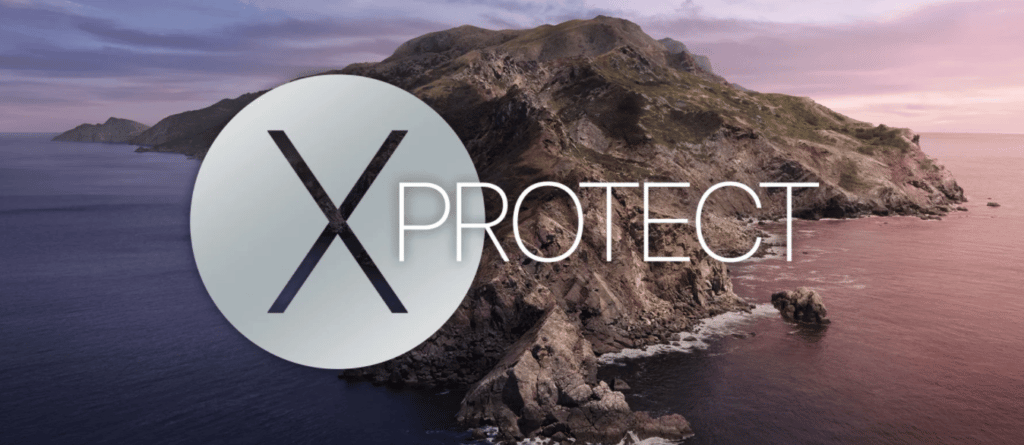When you purchase through links on our site, we may earn an affiliate commission. Here’s how it works.
Can MacBooks Get Viruses? – Overview
It’s sometimes said that Apple devices are impervious to malware and viruses, but unfortunately, that isn’t spot on.
IMacs, MacBooks, Mac Minis, can all be infected by malware or viruses, and hackers can successfully attack them too.
Conventionally, MacBooks are less vulnerable than Windows devices mainly because cybercriminals have concentrated most of their efforts on engineering malware for Windows devices because they comprise the bulk of the market and thus offer more prospects.
Still, with the Mac market share on the rise, hackers are increasingly concentrating their efforts on Apple devices.
A lot of individuals use the term ‘virus’ as a catchall for any kind of malware. Most digital threats are various kinds of malware that can certainly affect Macs.
The cost of a malware is high and ranges from seeing irritating pop-up ads to your documents being held ransom.
If malware strikes your MacBook, its OS has ways of stopping it from spreading, but as a Mac user, you still face a couple of online threats such as the browser and email vulnerabilities, identity theft, phishing, and spam.
Which Online Threats Affect MacBooks?

Can MacBooks Get Viruses? – Which Online Threats Affect MacBooks?
Adware
This malware takes over your PC and bombards it with a ton of ads and pop-ups that can harm your MacBook, slow down its performance and even track you.
Cryptomining
Cryptomining, also known as cryptojacking, exploits your MacBook’s processing power to mine cryptocurrency for the hacker.
Some cryptojackers will also plow into your browser cookies and take your crypto wallet contents if you have any.
Phishing
Phishing is a kind of social engineering that comprises hackers masquerading as a close connection or a known entity to trick you into giving them your credentials, which they can exploit for financial theft or identity fraud.
PUPs
PUPs (Potentially Unwanted Programs) normally are packed with programs you download.
For instance, free browser extensions allow the browser to play games, music, or videos using JavaScript. However, not all extensions are safe because some contain malware or viruses.
The outcome of downloading and installing rogue add-ons or extensions can include information loss, financial loss, and identity theft.
Ransomware
Ransomware involves cybercriminals taking over your credentials or potentially valuable documents and demanding compensation in exchange for releasing the files.
Rootkits
A rootkit is a kind of malware engineered to give cybercriminals access and control over the target machine.
While they aren’t the most common kind of Mac malware, rootkits have been present on macOS since hackers built the Mac-based Machiavelli malware in 2009.
Spyware
Spyware is a PC program hackers can use to spy on you and secretly track your online activities. Spyware works discreetly in the background and shares the data with its developer.
Trojans
Trojan horses are kind of malware that trick by posing as something else, making you download and install them. For instance, as a Mac user, you could become the target of a phishing scam whereby you’ll be convinced to download a fake MacDefender or MacSecurity program.
Viruses
A virus is a malicious program loaded onto a PC without the user’s knowledge to perform evil actions. It can self-reproduce, inserting itself into other files or programs, thereby infecting them.
On macOS, viruses can be concealed in word document files, and these threats can then be enabled when you activate macros.
Do MacBooks Have in-Built Security Features?
Indeed MacBooks have in-built security features such as a firewall to prevent online threats. However, they don’t have an antivirus program per se. Instead, Apple uses several anti-malware and antivirus measures such as:
Gatekeeper

Can MacBooks Get Viruses? – Gatekeeper
The Gatekeeper software on MacBooks blocks applications engineered by malware developers and authenticates that your applications haven’t been tampered with.
Malware Removal Tool

Malware Removal Tool
Apple incorporates MRT (Malware Removal Tool) in macOS to routinely eliminate malware that has reached your system files.
You don’t need to launch anything for MRT to work because it eliminates detected malware automatically in the background.
Security & Privacy Settings

Security & Privacy Settings
macOS shouldn’t permit the installation of 3rd party applications unless they are from the App Store of renowned developers as per the Security and Privacy settings. If you install anything from an unknown developer, macOS will warn you.
XProtect

Can MacBooks Get Viruses? – XProtect
Apple has a record of all the renowned malware designations in XProtect.
This program sits on your MacBook, and each time you download and install a new program, it checks whether any of these designations are present.
Final Thought
To sum it all up, MacBooks aren’t immune to malware and viruses. However, Apple takes macOS security critically so much that it offers a Security Bounty.
Apple Promises to pay up to $1 million to anybody who can find serious flaws in macOS security systems.
How to Take a Screenshot on a Macbook Pro